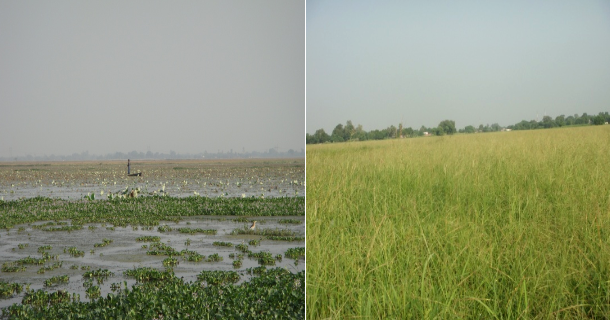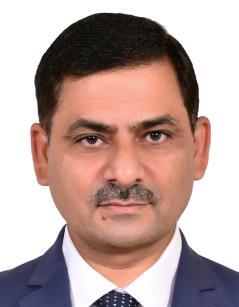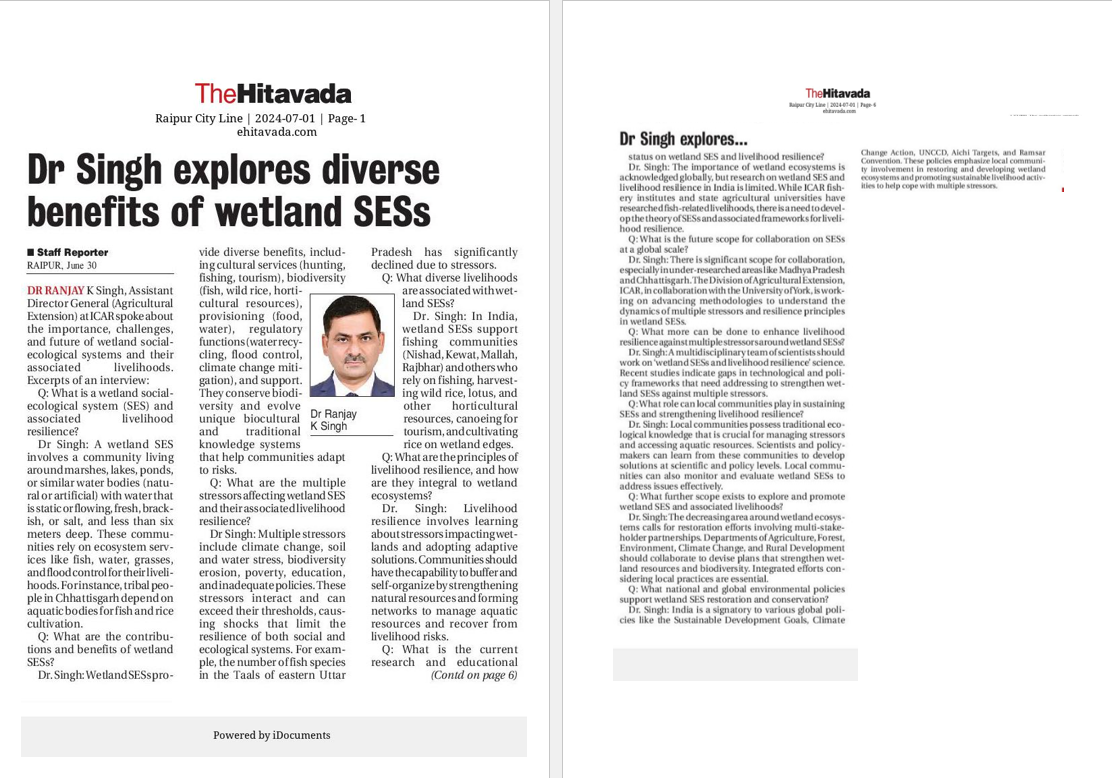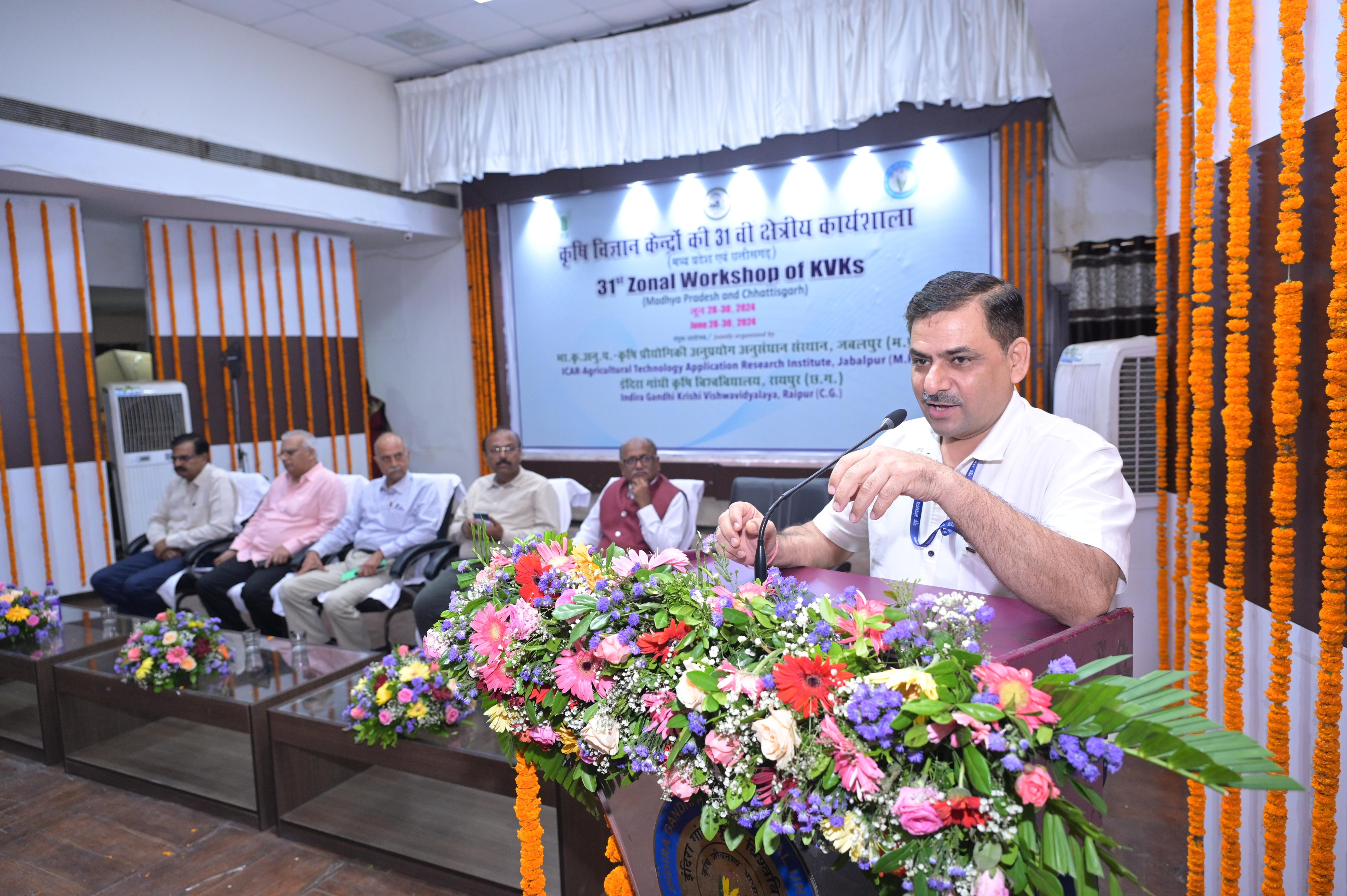
Resilient livelihoods in the wetland communities of India
Context
Globally, ‘livelihood resilience’ has gained significant attention in the context of multiple stresses and social-ecological system (SES) sustainability. The state of Uttar Pradesh (UP) in India extends 243,286 km2 and supports over 200 million people. Wetlands cover 5.16% of the state, and the ecosystem services they provide are vital to local communities’ livelihood resilience. Several of these wetlands are recognised as internationally important and are designated as Ramsar sites (e.g. Haiderpur Wetland and Bakhira Wildlife Sanctuary). However, these SES are exposed to multiple stresses, such as droughts and high intensity rainfall; land tenure issues; and poor communal resource management. This leads to biodiversity loss, degradation of ecosystem services, and poor agricultural yields, reducing livelihood and ecosystem resilience. Local communities take adaptive actions to reduce these impacts, yet these are understudied and further opportunities to improve resilience have not been identified.
Aims and Objectives
This project aims to identify how households and communities within wetland SES adapt to stressors and what opportunities there are to improve resilience through the analysis of a dataset comprising interviews and questionnaires from 450 households in three wetland SES (Badaila Taal, Narja Taal, and Fatepur-Tal-Ratoy) in eastern Uttar Pradesh. There are three key objectives of the project: (i) to identify key environmental stressors experienced by wetland communities; (ii) to understand adaptive actions undertaken by households; and (iii) to identify opportunities to increase resilience. This will be achieved through thematic analysis of interviews and quantitative analysis of questionnaires.
Findings from this analysis will be extensively shared within the agriculture and policy spheres within India, and more widely through published articles. The results will be disseminated to the communities who participated in the research, and integrated into policy development for this region through Farm Science Centers who are responsible for technology transfer and capacity building of farmers.
We are keen to engage with scholars and practitioners working on wetland SES in other locations around the world - please contact us through yesi
Project Outputs
News article in TheHitavada:
Dr Singh presents the work of the project at the 31st Zonal Workshop of KVKs, on 28 June 2024, to an audience of 250 Extension Professionals:
Dr Eleanor Jew, Department of Environment and Geography
Bio
Dr Eleanor Jew's research interests focus on livelihoods and biodiversity in social-ecological systems in a wide range of environments. In particular Eleanor is interested in agriculture, and how different technologies can increase yield and resilience while also mitigating climate change.
Dr Ranjay Singh, The Indian Council of Agricultural Research
Bio

Dr Ranjay Singh is Principal Scientist and Assistant Director General at the Indian Council of Agricultural Research in New Delhi. His research interests address human-environment interactions within community-based biodiversity conservation, adaptation and resilience to climate change, and grassroots innovations. Dr Singh works to inform policy to achieve sustainable, practical futures for farmers and the surrounding biodiversity.


